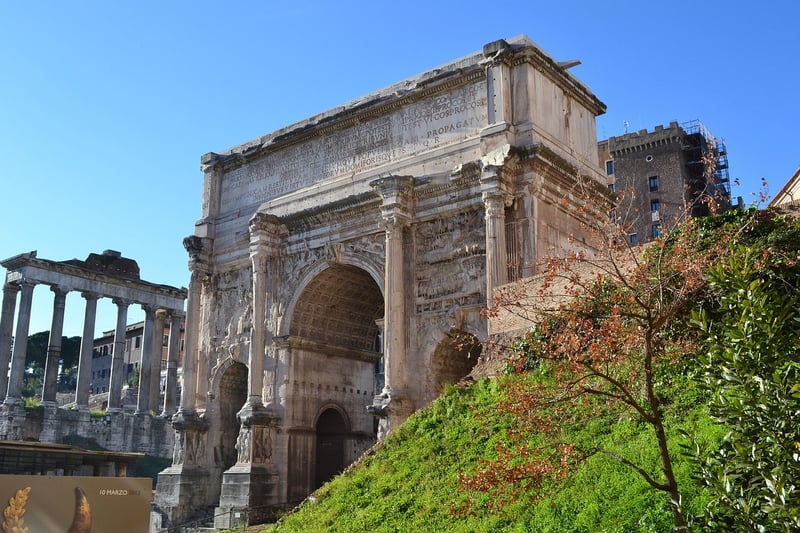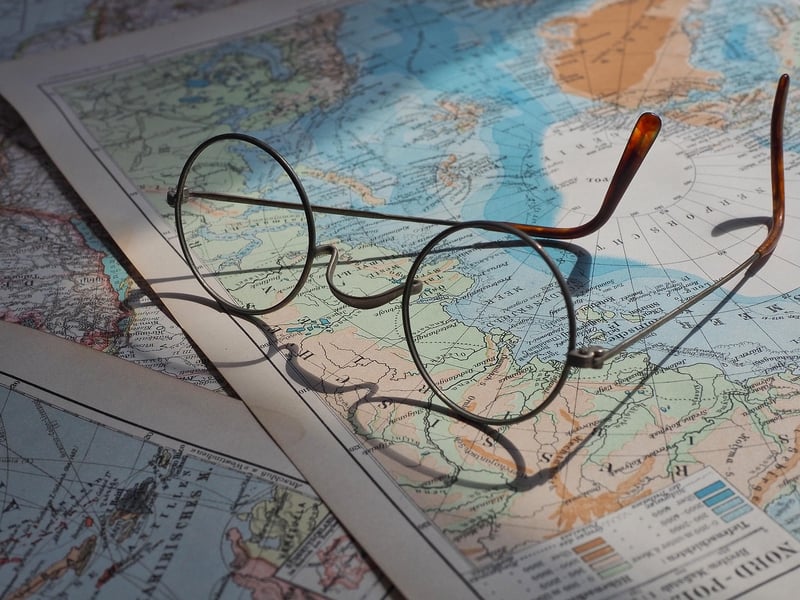Future Exploration
Exploring Different Eras and Future Exploration
Introduction
Exploring different eras and contemplating future exploration have always fascinated humans. From ancient civilizations to the modern space age, the desire to discover, innovate, and push boundaries has been a driving force in our history.
Ancient Exploration
Ancient civilizations like the Greeks, Romans, and Egyptians were early pioneers of exploration. They voyaged across seas, built grand structures, and developed complex societies that still awe us today. Their contributions laid the foundation for future exploration endeavors.

Age of Discovery
The Age of Discovery saw explorers like Columbus, Magellan, and Vasco da Gama traverse oceans, map new lands, and connect the world in ways previously unimaginable. Their journeys opened up trade routes, expanded empires, and sparked a global exchange of cultures.

Space Exploration
With the dawn of the space age, humanity reached for the stars. Pioneers like Yuri Gagarin, Neil Armstrong, and Valentina Tereshkova ventured beyond Earth, landing on the moon, orbiting the planet, and inspiring generations to dream of interstellar travel and colonization.

Future Exploration
The future of exploration holds endless possibilities. From Mars missions and asteroid mining to deep-sea expeditions and virtual reality exploration, technology continues to redefine how we discover and interact with the world around us. The quest for knowledge and adventure drives us to explore new frontiers.
Conclusion
Exploring different eras and contemplating future exploration not only enriches our understanding of the past but also ignites our imagination for what lies ahead. As we look back at our history of exploration and gaze towards the future, one thing remains constant - the human spirit of curiosity, innovation, and discovery.
